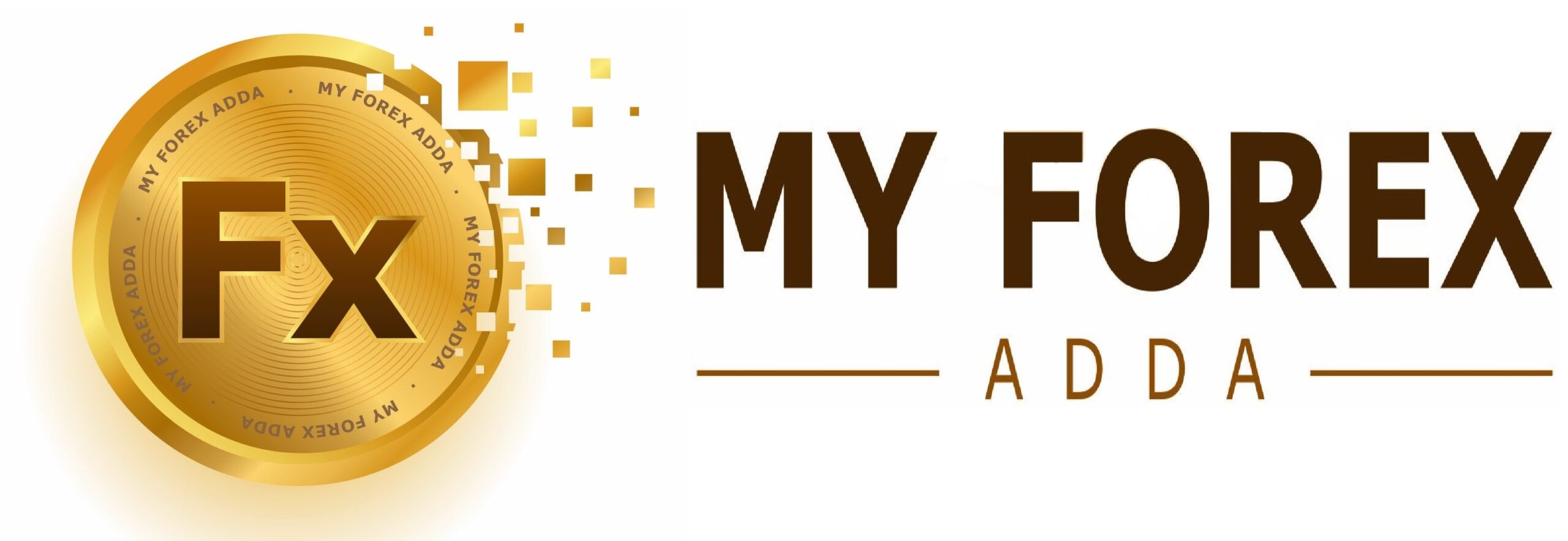The yen surged more than 1% against the U.S. dollar to reach a six-week high on Friday, driven by stronger-than-expected inflation in Tokyo, which fueled speculation of a potential Bank of Japan interest rate hike next month.
Meanwhile, the U.S. dollar weakened against other currencies, with trading volumes lighter due to the U.S. Thanksgiving holiday.
Matt Simpson, senior market analyst at City Index, noted, “The yen is becoming the latest momentum trade, with little resistance to its rise in thin holiday trading.”
At 0915 GMT, the dollar had fallen 1.05% to 149.93 yen, dipping as low as 149.53 yen earlier in the day, marking its lowest level since October 21.
The dollar index, which tracks the currency against major rivals, dropped to a two-week low of 105.61 and was last down 0.25% at 105.8.
Despite the recent decline, the dollar is still on track for a 2% gain in November, bolstered by Donald Trump’s decisive election victory on November 5, which sparked expectations of large fiscal spending, higher tariffs, and tighter borders—all factors that economists view as inflationary.
However, in recent days, the U.S. dollar has softened. The yen has been the standout performer this week, poised for a more than 3% gain, its strongest weekly rise since July.
A drop in U.S. Treasury bond yields has intensified the dollar’s losses, while Japan’s currency has benefitted from safe-haven flows amidst Trump’s tariff threats and growing expectations of a Bank of Japan rate hike.
Traders are currently assigning around a 60% chance for a quarter-point rate hike on December 19, with just over half of economists in a Reuters poll also predicting the same.
Tokyo’s core consumer price index (CPI), which excludes volatile fresh food prices, rose 2.2% year-on-year in November, surpassing the 1.8% increase from October and exceeding the forecasted 2.1% rise. This uptick could strengthen the case for a potential Bank of Japan (BOJ) rate hike.
However, Mizuho Securities strategist Shoki Omori believes the market is overreacting to the Tokyo CPI data. “The market is overreacting to the Tokyo CPI results,” he said, adding, “It seems like algorithms took advantage of this ‘headline opportunity’ to short the dollar-yen.”
The euro rose by 0.23% to $1.0579, while sterling gained 0.17%, reaching $1.271 after briefly hitting a two-week high of $1.275.
Nicholas Rees, an FX market analyst at Monex Europe, noted that the recent rally in currencies against the dollar was partly due to technical factors. “U.S. stocks, bonds, and the dollar have risen in November, so some investors are rebalancing their portfolios at month-end to avoid exceeding their target allocations to U.S. assets,” he explained.
A key euro-area inflation report is expected at 1000 GMT (1100 CET) and could provide insights into the pace of European Central Bank (ECB) rate cuts, while investors are also monitoring budget discussions in France.
ECB policymaker Francois Villeroy de Galhau suggested on Thursday that the central bank should leave the possibility open for a larger rate cut next month, countering hawkish comments from fellow policymaker Isabel Schnabel.
The euro has fallen about 3% in November as the dollar has strengthened, putting it on track for its worst month since May of last year, although it has gained 1.45% this week.
The Chinese yuan strengthened by as much as 0.26% in offshore trading, reaching its highest level since November 19 at 7.231 per dollar.
Bitcoin rose around 1.4%, reaching $96,498 as it attempts to recover toward its record high of $99,830 from last week.
This month, the leading cryptocurrency is on track for a 38% gain, marking its best performance since February, driven by expectations of a more favorable regulatory environment under Trump.




